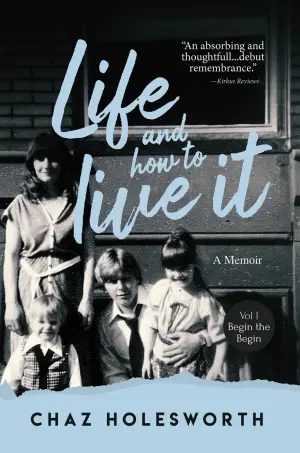I recently finished reading The Adult ADHD Self-Care Handbook by Caroline Singer, and I can’t express how impactful this book has been for me. As someone deeply invested in mental health topics, particularly those surrounding ADHD, I was drawn to this book because of its promise to address the often-overlooked emotional and relational challenges associated with ADHD.
Right from the onset, I appreciated how Singer structured the book in an ADHD-friendly format, complete with concise chapters and actionable strategies. Unlike many other books that delve into abstract theories or complicated ideas, this handbook is refreshingly straightforward. Each chapter is packed with step-by-step techniques tailored to help readers manage activities that often feel daunting, such as handling social interactions and setting healthy boundaries.
One of the standout features of The Adult ADHD Self-Care Handbook is its focus on emotional challenges. For many adults with ADHD, the sting of rejection sensitivity can be exhausting. The shame and overwhelm experienced in noisy environments, the anxiety surrounding phone calls, and the silent strain that ADHD places on relationships are emotions described with profound understanding in this book. Singer effectively normalizes these struggles, offering solace to those who may have felt isolated in their experiences.
The relatable tone throughout the book makes the content feel like a conversation with a caring friend rather than a lecture. This empathetic vibe was echoed in many reviews, highlighting how Singer’s understanding of the ADHD experience fosters a sense of belonging among readers. Hope Bryant’s review succinctly captures this sentiment by noting how the book gets to the “heart” of real-life challenges rather than merely skimming the surface.
Yet, while I found many invaluable elements in the book, I did recognize some areas of potential improvement. A few readers expressed a desire for deeper scientific explanations or clinical research backing the advice given. While I understand this perspective, I personally found the focus on practical advice to be a significant advantage. The strategies are easy to implement and do not feel overwhelming, which is crucial for someone managing ADHD. There’s no fluff or unnecessary jargon—just down-to-earth, sensible strategies that can catalyze change.
Another minor drawback mentioned by some reviewers was the absence of printable worksheets or habit trackers, which could serve as useful tools for the reader’s journey. I can see how such additions might enhance engagement with the content, but I didn’t find their absence to detract from the core messages of self-compassion and manageable steps to improvement.
The chapter on Rejection Sensitive Dysphoria was particularly eye-opening for me. It offers insights that many mainstream ADHD resources tend to overlook. The combination of humor, engaging anecdotes, and practical exercises makes it easy to digest and apply, which I’m a fan of.
Overall, The Adult ADHD Self-Care Handbook lives up to its promise as a compassionate and practical guide. It’s not just a collection of tips and tricks; it encourages genuine self-reflection and supports sustainable practices that can lead to personal growth. Whether you’re newly diagnosed or have been managing ADHD for years, this handbook serves as an adaptable, encouraging resource.
In conclusion, I would highly recommend Caroline Singer’s book to anyone navigating the complexities of adulthood with ADHD. It stands out not just for its accessibility but for its empathetic and understanding approach. For those who have felt left behind by traditional ADHD literature, this book could feel like a breath of fresh air. Embrace the journey toward self-care, and give yourself the tools to not just survive but thrive.








